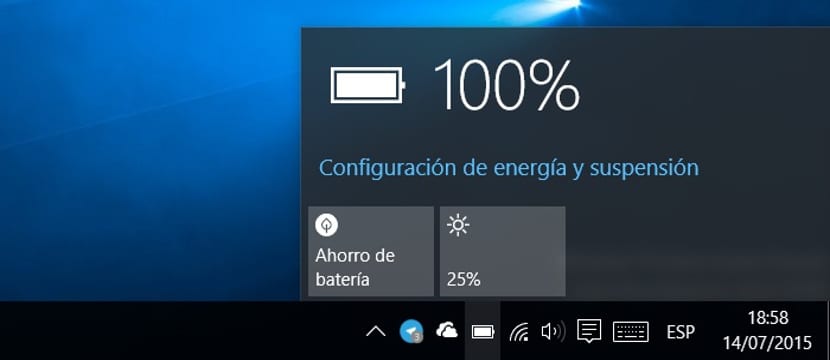
It is increasingly common for users to choose to buy a laptop instead of a desktop PC, unless the use they are going to give it is playing games, since a personalized desktop PC is much cheaper to play than one of the laptops designed for these purposes. Laptops not only take up much less space in our home, but also allow us to take them wherever we want, allowing us to perform our usual tasks anywhere. Currently on the market we can find laptops of all prices and characteristics, the more expensive it is, the more powerful it is obviously.
As a general rule, if we have decided on a basic computer to surf the internet, see Facebook and write some other document, it is most likely that when we want its operation to be a bit faster, we will have regretted not having invested a little else on the team. Fortunately we can slightly speed up the operation of our laptop changing an option that allows us to maximize performance, that is, the higher the performance, the less battery life. The risks involved must be taken into account.
Accelerate the performance of our notebook
- To accelerate the performance of our laptop we must go to the button of the battery or the plug if we are charging it and select Energy options.
- The usual plans that Windows offers us by default will be shown below. As a general rule, the selected plan is Balanced, allowing us to enjoy good performance without sacrificing battery life.
- The other two options they show us are High performance y Saver. The latter lowers the processor speed to a minimum in addition to reducing the brightness of the screen. While High Performance will accelerate the performance of our processor to perform tasks much faster, obviously at the cost of battery life.